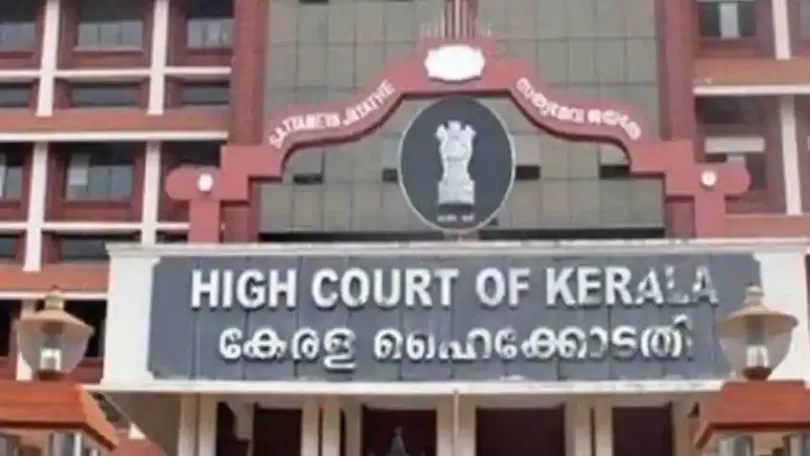The Kerala high court on Tuesday reunited a lesbian couple and allowed them to live together, days after they were separated by their parents who did not approve of their relationship.
The order came while a division bench was hearing a habeas corpus petition filed by a 23-year-old woman on Monday, seeking the court’s help in finding her same-sex partner. The woman, in her petition, said both she and her partner are adults and within their legal rights to live together. The petitioner also claimed that her partner was forced by her parents to undergo rigorous counselling and therapy to change her sexual orientation.
Taking cognisance of the plea, the high court directed the parents of the petitioner’s partner to produce her before it. On Tuesday, the division bench of justices Vinod Chandran and C Jayachandran meet both the women separately and later together. Proceedings were held in-camera and no one other than the couple were allowed in the court room. Both women informed the court about their intention to live together. The court then allowed the same and passed an order to that effect.
“It is a fresh lease of life for us. We thank all who supported us,” the couple told a local channel after the verdict, adding that they intend to relocate to Chennai eventually. The petitioner said she was forced to talk to the media and approach the court as her “hopes receded after approaching the police”.
The petitioner, a native of Ernakulam, also cited the Supreme Court’s landmark judgment from 2018 that decriminalised homosexuality in the country.
On September 6, 2018, a five-judge Constitution Bench, led by then chief justice of India Dipak Misra unanimously held that the criminalisation of private consensual sexual conduct between adults of the same sex under Section 377 of the Indian Penal Code (IPC) is “clearly unconstitutional”. The bench declared the 156-year-old “tyranny” of Section 377, which punished homosexuality with 10-year imprisonment, as “irrational, indefensible and manifestly arbitrary”.
However, the police claimed that it had intervened in the matter right from the start and that the other woman — a Kozhikode native — had given in writing that she was leaving with her parents willingly.
In the post, the woman further claimed that she was assaulted by her partner’s parents when she tried to prevent them from taking the latter away on May 26. In her post, the woman claimed that her partner was locked up in a room by her parents near Kozhikode (north Kerala) and tortured to end the relationship and change her sexual orientation.
“I managed to call her only once and she narrated her torture and even feared for her life. At this point I decided to take it up and posted my plight in social media” she said in the post.
“We welcome the verdict of the court. It is a big boost to sexual minorities who still face discrimination,” said Shyma S Prabha, state coordinator of the transgender justice cell.
The woman in her post said the two got into a relationship during their school days in Saudi Arabia but discontinued it due to pressure from their parents. After completing her education, she got a job with an MNC and the two started living together in Kochi from May second week, the 23-year-old said in her post.
After her partner was forcibly separated last week, the woman took it up with Vanaja Collective — a Kozhikode-based NGO working for the rights of LGBTIQ (lesbian, gay, bisexual, transgender, inter-sex and queer) — and approached the police in Thamarassery (Kozhikode district). However, she alleged that the police refused to file a complaint saying “her friend was with her parents and they cannot do anything”.
An office-bearer of the Vanaja Collective later said they shifted the complainant to a government-run home after she complained threat to her life. “On May 27 when we inquired with Thamarassery police station about the woman’s partner, they told us bluntly that she was with her parents and they cannot do anything on parents beating their children,” H Gargi, member of Vanaja, said in a post.
This is not the first such verdict by the Kerala high court. In 2018, it allowed a 40-year-old woman and her 24-year-old partner to live together after the former approached the court saying her partner was illegally confined by her parents and forced to undergo psychiatric treatment. The verdict came a couple of weeks after the landmark judgment of the apex court.







